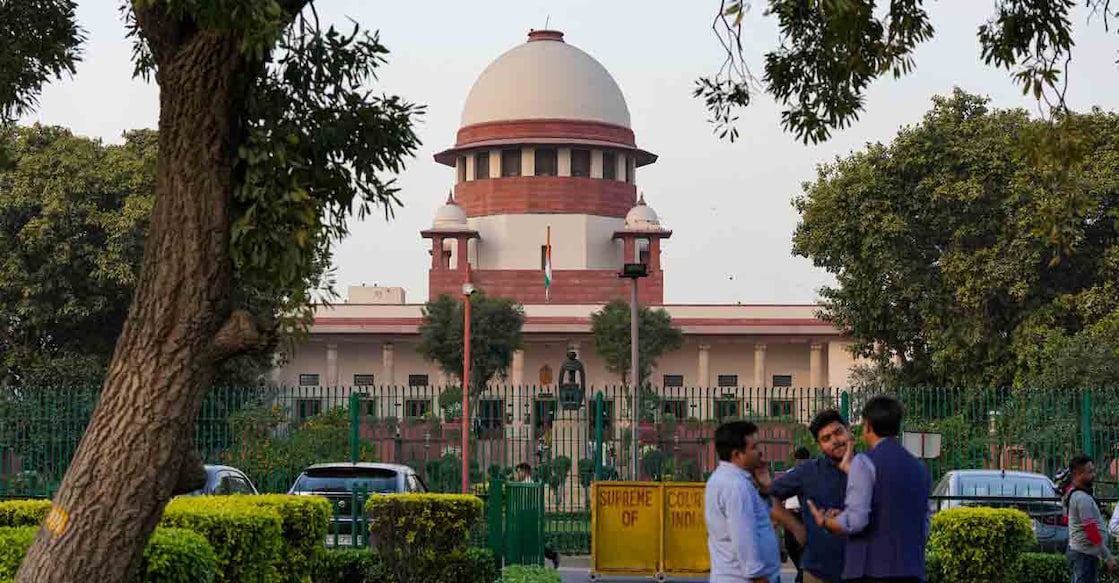Supreme Court relaxes restrictions in ESZ, quarrying ban to continue

Mail This Article
New Delhi: The Supreme Court on Wednesday relaxed the restrictions in the one-kilometer Eco-Sensitive Zone(ESZ) mandated near protected forests and wildlife sanctuaries.
The apex court has removed all the restrictions including construction of permanent structures. The restriction on quarry mining and large constructions will continue.
A bench comprising Justices BR Gavai, Vikram Nath and Sanjay Karol was hearing applications filed by the Union Ministry of Environment, Forest, and Climate Change and various State Governments seeking relaxations in the 1 km buffer zone which was mandated by the judgment passed by the Supreme Court on June 3, 2022. As per that judgment, constructions of permanent structures and mining activities were strictly prohibited in the ESZ area.
Additional Solicitor-General Aishwarya Bhati, appearing for the Union Ministry, had earlier told the bench that a "one-size-fits-all" rule of buffer zone uniformly across the country had given rise to practical difficulties.
Senior Advocate Jaideep Gupta had also made submissions to the court on behalf of the State of Kerala, which had filed an application seeking modification of the directions in view of the special circumstances in the State. He pointed out that almost 30 per cent of the State's geographical area has forest cover.
The State which has a high population density is dotted with small and medium towns which overlap with forest areas. Human habitation is very common within the immediate vicinity of boundaries of forest areas. These areas have been well developed over the years with several residential and commercial establishments. So a blanket ban on construction activities near the buffer zone will adversely affect the lives and livelihood of the people. He admitted that these facts should have been brought to the attention of the Court before it passed the judgment on June 3, 2022.
"But too many people's lives are involved. There is no scope for resettlement of these people. In some States it may be possible, but this is not a state where resettlement is possible. Because every inch has been taken by human inhabitation", he said. In an earlier hearing, he had illustrated the difficulty by using the example of the Kerala High Court, which is within 200 metres of the Mangalavanam bird sanctuary in the middle of Ernakulam city.
The bench also heard the arguments of Sulthan Bathery Municipality and certain private individuals who sought for relaxation of the restrictions. The States of Uttar Pradesh and Tamil Nadu also sought for modifications of the rule.
The Court had earlier passed orders clarifying that the ESZ rule will not apply to Sanjay Gandhi National Park and Flamingo Thane Creek near Mumbai city. The Court had also exempted Tungareshwar wildlife sanctuary near Mumbai from the ESZ rule. In the June 2022 order as well, the Court had acknowledged that a uniform ESZ rule may not be feasible in all cases and there could be specific instances of sanctuaries situated near metro regions where urban activities have come up over the years. The bench had cited examples like Sanjay Gandhi National Park and Guindy National Park in Mumbai and Chennai respectively.
(With LiveLaw inputs.)

